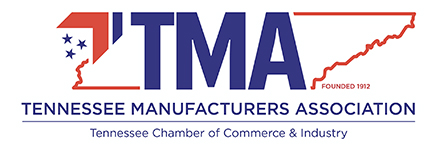Denise Rice, March 19, 2020
The Covid-19 virus could be the single greatest threat to business continuity over the next 12-18 months and has caused us to re-evaluate how we work. Manufacturers are looking for ways to keep employees, customers, suppliers and their communities healthy. Expectations are that this global pandemic could last months, and employers need to develop strategies to protect employees and their ability to conduct business for a sustained period. Manufacturers are coming together to share their best practices. Here is a summary of those best practices. These are not designed to be for every manufacturer but an example that could be adopted/modified for your business:
1.) Meet with all employees and discuss good hygiene habits such as washing hands with soap and water for at least 20 seconds. Hand sanitation should occur every 30 minutes. Coughs and sneezes should occur in the elbow and employees need to refrain from touching their eyes, mouth and face. Remind employees of these good habits daily if possible.
2.) Increase hand sanitizers availability throughout the facility with sanitizer that is at least 60% alcohol content.
3.) Implement workstation disinfection every work shift. Desks, benches, computers, keyboards, tools, phones, etc., should be cleaned with disinfectant each work shift. For shared workstations the off-going shift wipes down and disinfects their workstation at the end of the shift and then the on-coming shift also wipes down and disinfects the workstation prior to work.
4.) Increase cleaning in “high touch” areas to every 2 hours. These areas are doorknobs, bathrooms and cafeterias/breakrooms.
5.) Implement a 6 ft social distance policy wherever possible. No handshakes, fist bumps or any physical touching. Use phones and radios for communicating even when in the same area.
6.) Cancel or postpone any large meetings. Limit meetings to no more than 25 people. These include all Team Member/Town Hall Meetings, Sales conferences, etc. Encourage teleconferences/webinars even if attendees are in the facility.
7.) Close breakrooms and cafeterias and have employees bring lunches from home and eat at workstation if possible. If not possible, rotate lunches to reduce the number of employees in the breakroom/cafeteria at one time.
8.) Implement a “work-from-home” policy for those positions that can be conducted remotely. Use a conferencing software to keep employees engaged and productive.
9.) Review sick leave and attendance policies. Inform employees to not to come to work if they experience any symptoms or if someone in their household has experienced one or more of the symptoms.
10.) Initiate a ban on travel to all high-risk areas. Restrict all non-essential travel to other areas.
11.) Request employees to voluntarily inform you of personal travel. Any employee traveling to a high-risk area or highly populated area (Disney World, cruises, spring break locations) consider a 14-day leave for employees affected.
12.) Restrict non-essential visitors and cancel tours. Have essential visitors complete a self-assessment questionnaire.
13.) Relocate interview/recruiting efforts to off-site. Explain the “no-handshake” policy to recruits so that they understand your policy. Have candidates complete visitor self-assessment prior to interview.
14.) Prepare an isolation room that is equipped for employees exhibiting symptoms until they can get to a healthcare provider.
15.) Ensure you have proper PPE, gloves, masks, safety glasses for first responders who may have contact with affected employees.
16.) Share your procedures with your supply chain, review their policies and procedures and ensure vendors have a business continuity plan.
If you have someone in your facility that tests positive (diagnosis should remain private):
1.) Isolate individual immediately.
2.) Work with health officials to identify people who may have been in contact with the individual and determine necessary health screening, containment/quarantine of potentially affected individuals.
3.) Complete a deep sanitation of affected employee’s work area before any other employees work in the area.
4.) Require a doctor’s note for return to work.
Keeping employees healthy is not only the right thing to do but also makes good business sense. Absenteeism can rise to 15% - 30% due to sickness, quarantines, family care responsibilities or just plain fear. Managing through will require constant communications and discipline towards your policies. We can manage through this together. Please share other best practices that you are implementing - send to info@tnchamber.org. Stay vigilant and stay healthy.




